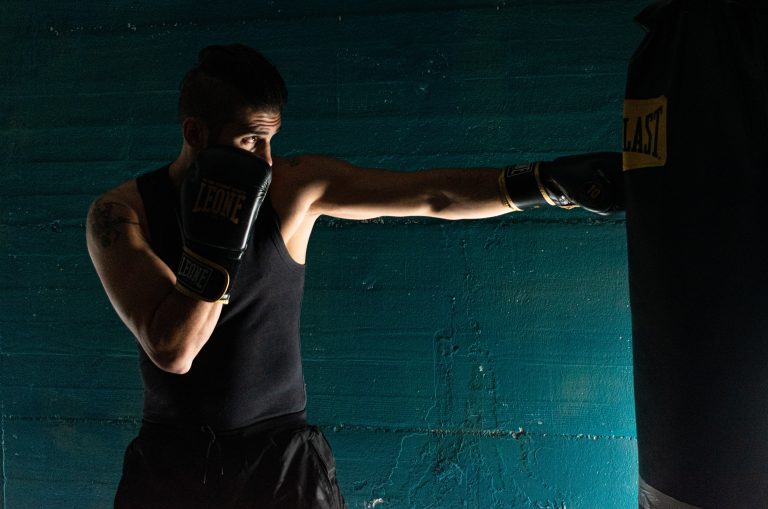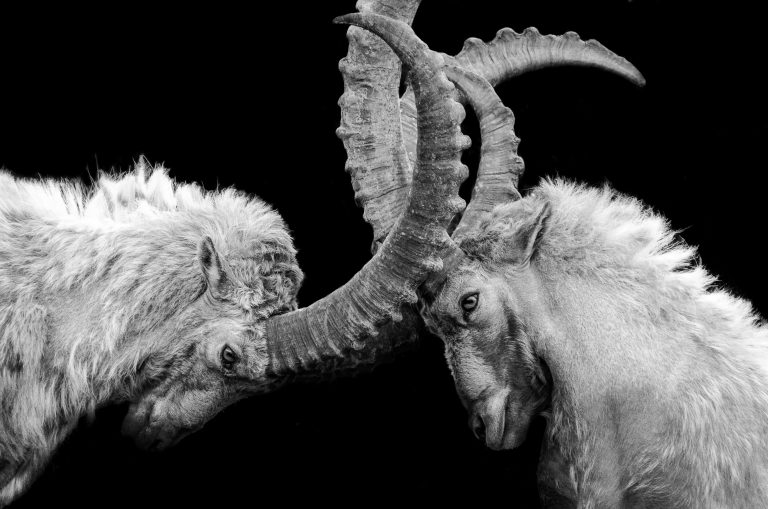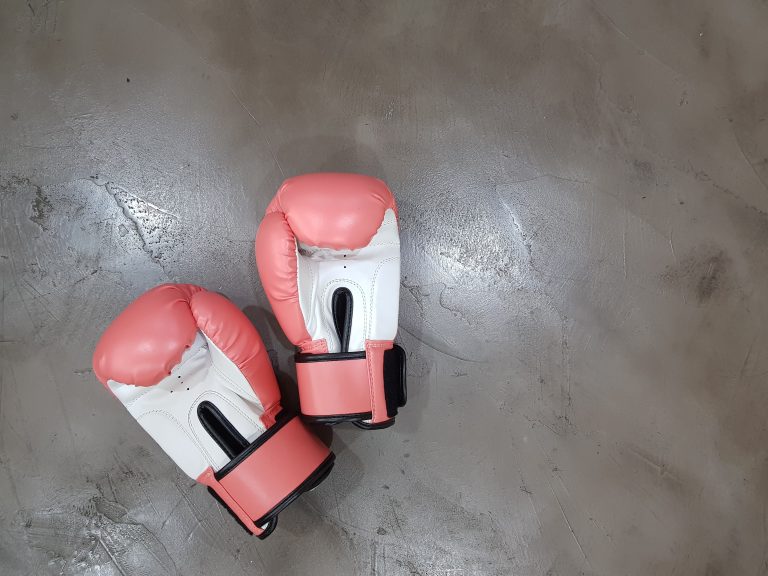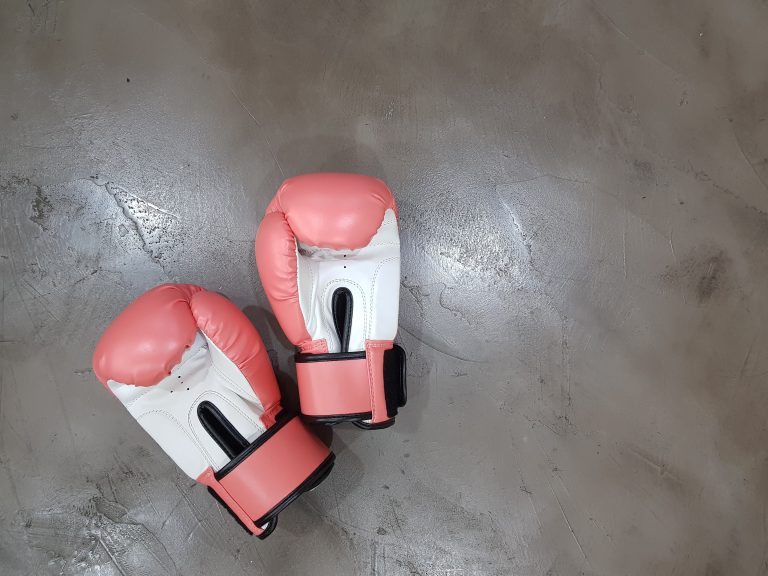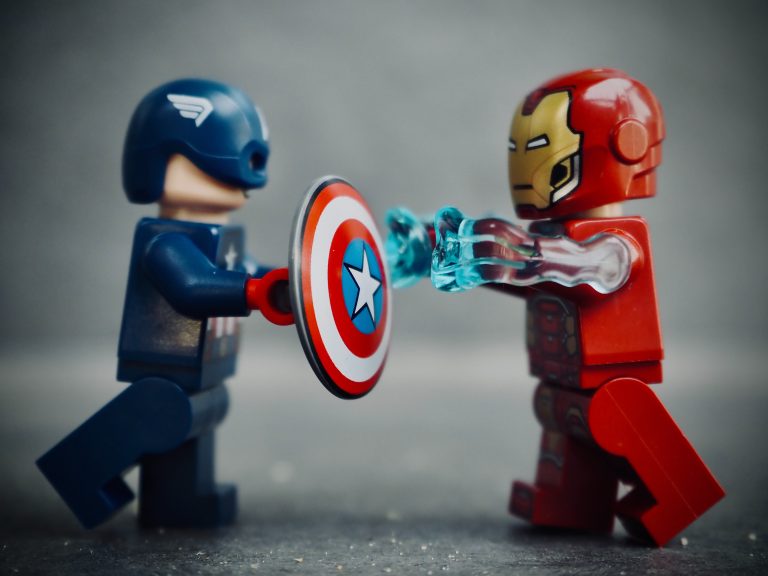Karate Meaning in Arabic: Everything to Know About the Origin and Definition
If you are a martial arts enthusiast, you might have heard about Karate, a popular form of martial art that originated from Japan. However, what many people may not know is that even the meaning of Karate has Arabic roots. In this blog post, we will explore everything there is to know about Karate’s meaning in Arabic.
What Is Karate?
Before delving into Karate meaning in Arabic, it’s essential to understand what Karate is in the first place. Karate is a form of martial art that originated in Okinawa, Japan, in the early 20th century. The word „Karate“ comes from the Japanese „kara,“ which means „empty,“ and „te,“ which means „hand.“ Thus, Karate translates to „empty hand“ in English.
Karate is a hand-to-hand combat system that emphasizes striking techniques like punching, kicking, knee and elbow strikes, and open-handed techniques like knife-hands, spear-hands, and palm-heel strikes. However, Karate also involves grappling, joint-locking, throws, and vital point strikes. It emphasizes proper breathing, mental focus, and disciplined movements to control the body and mind.
What Is The Arabic Root of The Word Karate?
The Arabic roots of the word „Karate“ can be traced back to the word „Al-karate,“ a word used in various Arabic dialects to describe an early form of combat. The word „al-karate“ comes from the Arabic word „kara,“ which means „to cut,“ „to scratch,“ or „to chop.“
It is believed that the word „karate“ traveled to Japan through the trading routes, where it underwent various transformations until it reached its current meaning. It is also noteworthy that the word „karate“ is rarely used in Japan, with Japanese people referring to it as „Karate-Do,“ which translates to „the way of the empty hand.“
The Evolution of Karate in Japan
Karate was introduced in Japan in the 1920s by Gichin Funakoshi, who is considered the father of modern-day Karate. Funakoshi changed the name from the original „To-Te“ to „Karate,“ emphasizing the martial art’s spiritual and philosophical aspects. Funakoshi’s teachings were widely spread in Japan, and Karate became a popular martial art not only in Japan but worldwide.
Karate was eventually recognized by the International Olympic Committee and debuted as an official sport in the 2020 Tokyo Olympics. It is also recognized by the World Karate Federation and various other global organizations.
What Is the Meaning of Karate in Arabic?
Karate is a popular martial art that originated in Japan, but it has found practitioners all over the world. The word ‚karate‘ has a deep significance and meaning in Arabic that goes beyond just being a sport or activity.
What Does the Word ‚Karate‘ Mean?
The word ‚karate‘ is composed of two characters in Japanese: ‚kara‘ which means empty and ‚te‘ which means hand. Karate, therefore, is often referred to as „empty hand“ or „empty-handed combat.“ In Arabic, the word is derived from „karatyya“ which refers to one who is skilled with their hands or one who is a skilled fighter.
What Is the History of Karate in Arabic Culture?
Karate has a long and rich history in Arabic culture, and it has been used for self-defense and as a form of physical and mental discipline for centuries. The roots of karate in Arabic culture can be traced back to the 1400s when Okinawa, a small island off the coast of Japan, had trade relations with Southeast Asian countries. The Okinawans studied the martial arts of these countries, and their own martial art evolved into what is now known as karate.
What Are the Basic Principles of Karate in Arabic?
Karate in Arabic has a set of principles that govern its practice. These principles include respect, humility, perseverance, and self-control. The ultimate goal of karate in Arabic is not to win a fight or defeat an opponent, but to achieve spiritual and mental growth through physical training. In other words, karate is not just a physical activity but a way of life.
Is Karate in Arabic Different from Karate in Other Cultures?
While the basic techniques and principles of karate are the same worldwide, there are differences in the way karate is practiced in different cultures. Karate in Arabic, for example, emphasizes the use of the hands and feet as weapons, while in other cultures, there may be a greater emphasis on grappling or throwing techniques.
What Are the Benefits of Practicing Karate in Arabic?
Practicing karate in Arabic has many benefits. Physically, it develops strength, flexibility, and stamina. Mentally, it fosters self-discipline, self-confidence, and focus. Spiritually, it helps to cultivate a sense of inner peace and harmony. Additionally, karate can be a fun and engaging way to socialize with like-minded individuals.
What is Karate?
Karate is a form of martial arts that has its roots in Japan. The word Karate comes from two Japanese words, „Kara“ meaning empty and „Te“ meaning hand. Karate is a form of self-defense that involves striking and kicking to defend oneself from an attacker. However, karate isn’t just about physical techniques; it is also about developing the mind, body, and spirit to improve balance, agility, focus, and discipline.
What is the Meaning of Karate in Arabic?
The word „Karate“ is a Japanese word that is used worldwide, including in Arabic-speaking countries. In Arabic, the word Karate is transliterated as ‚كاراتيه‘. This word is pronounced „karatiyya“ in the Arabic language.
History of Karate in Arabic-speaking Countries
Karate had its origins in Japan, but it has spread worldwide, including in Arabic-speaking countries. Karate became popular in the Middle East in the 1970s and 1980s and has since become a popular form of martial arts. Today, there are many karate schools in Arabic-speaking countries, teaching traditional Japanese karate as well as developing their unique style.
How to Learn Karate?
Learning karate requires dedication, commitment, and consistency. Here are some steps to help you start your journey to becoming a Karateka:
1. Find a Karate School
The first step to learning karate is to find a reputable karate school. You can take a look at a few different schools and their instructors before deciding on the one that is best for you. You should choose a school that offers a balanced approach to karate that includes both traditional techniques and modern self-defense applications.
2. Start with the Basics
Every karate school has a rigorous training program that covers the basics. It is essential to start with the basics to develop your foundation before moving onto more complex techniques. Basics include fundamental techniques such as punches, kicks, and blocks.
3. Practice Consistently
Karate requires a lot of practice to perfect techniques, improve form, and build stamina. The more you practice, the more you will improve. Therefore, it is essential to create a consistent practice schedule and stick to it.
4. Incorporate Strength Training and Cardiovascular Exercise
Karate training is physically demanding and requires a lot of strength and endurance. Therefore, it is essential to include regular strength and cardiovascular training in your routine to develop your overall physical fitness.
5. Focus on Mind, Body, and Spirit
Karate is more than just physical gymnastics; it is also about developing the mind, body, and spirit. As you learn karate, you should focus on developing attributes such as focus, concentration, balance, and discipline.
Conclusion
Karate is a popular form of martial arts that originated in Japan. However, it has spread worldwide and is popular in Arabic-speaking countries. Learning karate requires dedication, commitment, and consistency. By finding a reputable karate school, starting with the basics, practicing consistently, incorporating strength training and cardiovascular exercise, and focusing on mind, Body, and spirit, you can learn this incredible martial arts style.
Inhaltsverzeichnis


